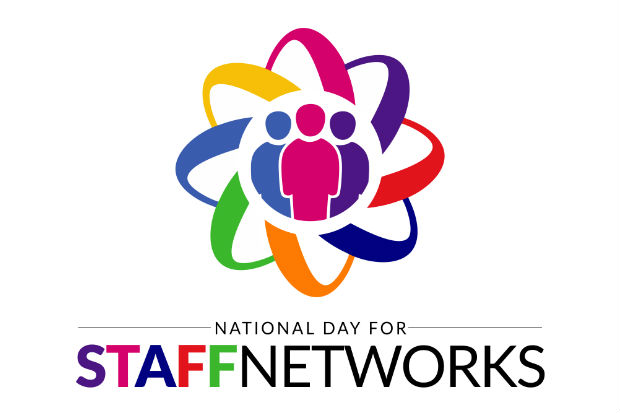Understanding Staff Networks in the Civil Service

Introduction
The importance of staff networks within the civil service cannot be underestimated, as they play a critical role in promoting diversity, inclusion, and employee wellbeing. These networks are essential for ensuring that all voices are heard, fostering a more inclusive workplace, and supporting the personal and professional development of staff. In recent years, particularly in light of increasing societal awareness around equity and representation, the significance of these networks has grown considerably.
What are Staff Networks?
Staff networks, often referred to as employee resource groups, are voluntary, employee-led groups that aim to connect individuals with shared characteristics or experiences. In the context of the civil service, these can range from networks for specific ethnicities, LGBTQ+ communities, disabled employees, to women in leadership. Each network serves as a platform for members to share experiences, receive support, and influence organisational policy.
Current Developments
Recent initiatives have surged within various civil service departments to enhance the functionality and impact of these networks. For instance, the UK government’s civil service is determined to promote a culture where staff networks can thrive. In the past year, the Civil Service Diversity and Inclusion Strategy has been enacted, which prioritises the formation and support of these networks. This has led to an increase in funding and resources allocated to them, enabling these groups to host more events, training sessions, and advocacy efforts.
Data from the recent civil service employee engagement survey indicates that departments with active staff networks report higher levels of employee satisfaction and engagement. Additionally, the networks foster indirect professional development by creating mentorship opportunities, workshops, and leadership programmes tailored for underrepresented groups.
Impact and Significance
The impact of staff networks extends beyond their immediate members; they play a vital role in shaping government policy and contributing to a more equitable civil service. By leveraging collective experiences, these networks present meaningful insights to management, encouraging policy shifts and practices that embrace diversity.
Furthermore, as the government aims to improve its service delivery to the public, a diverse and inclusive workforce is essential in reflecting the demographics of the population it serves. Staff networks not only advocate for their members but also enrich the working environment for all employees, thus creating a positive ripple effect throughout the organisation.
Conclusion
As the civil service evolves in response to societal changes, staff networks are becoming increasingly significant. Their contributions to workplace dynamics, employee morale, and policy advocacy underscore the necessity for continued support and development of these groups. Looking ahead, enhancing these networks may lead to a more inclusive civil service, which is crucial for effective governance and improved public service outcomes.









